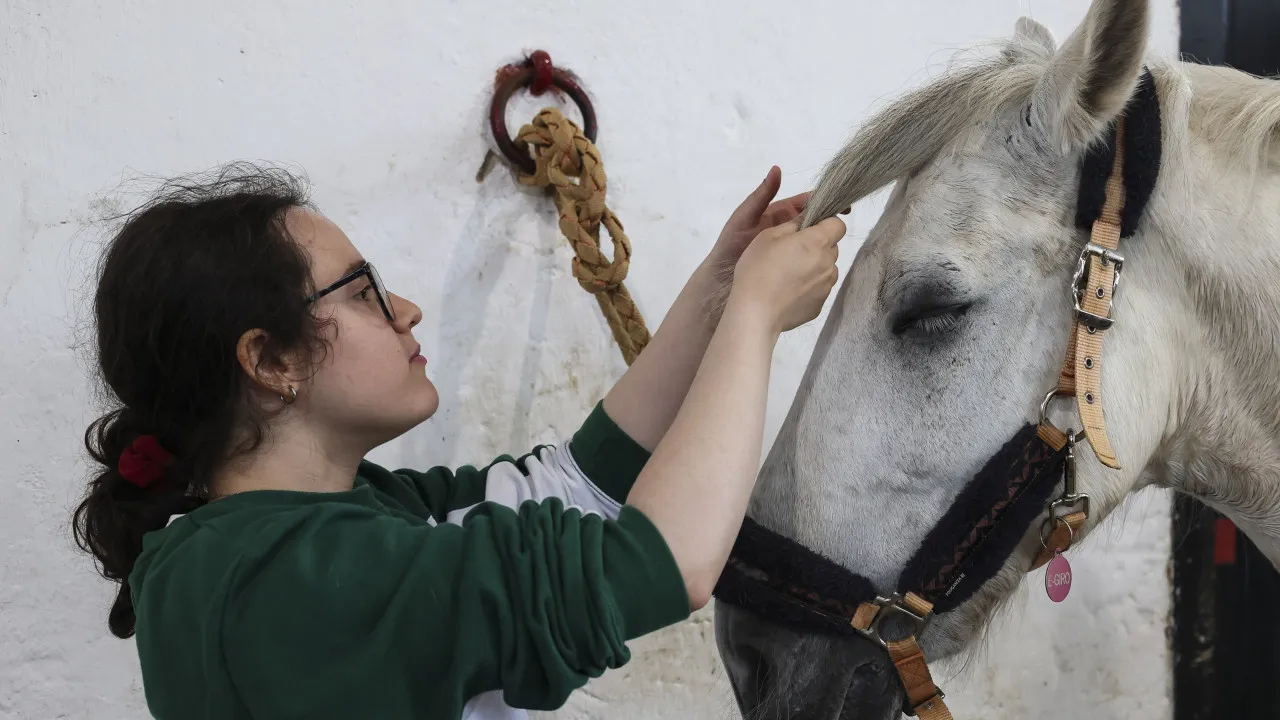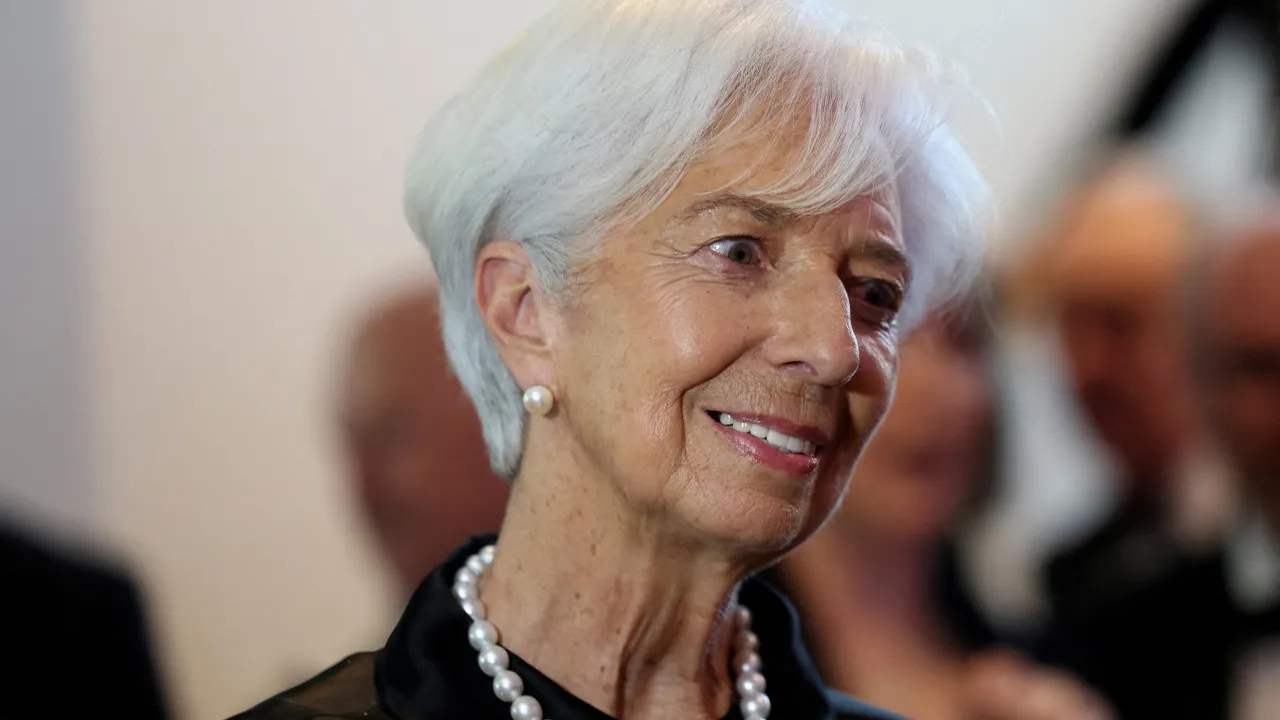The president of the Portuguese Medical Association said today that the situation he found during a visit to Cascais Hospital is more worrying than he anticipated and that the problems affect specialties other than Neurology.
“The scenario that was described to us was that of a worrying spiral that goes beyond the information that had been sent to us before the meeting. There are difficulties in human resources, not just in neurology,” explained Carlos Cortes, speaking to the Lusa news agency.
The president visited the Cascais Hospital – a Public-Private Partnership – today and met with the Board of Directors, the Intern Commission and various professionals, following complaints from a group of doctors at the hospital about the lack of response capacity in Neurology.
“What surprised the Ordem dos Médicos is that the problems at Cascais Hospital go far beyond Neurology and many specialties have expressed their enormous difficulties,” he said.
According to the president, the problems affect services such as Internal Medicine, Urology, Gastroenterology, Emergency, Cardiology, Pediatrics and Radiology.
Carlos Cortes also stressed that the Cascais Hospital will soon increase its referral area from around 320,000 inhabitants to 450,000 inhabitants.
“Cascais Hospital is struggling, it’s going to increase its catchment area by 130,000 inhabitants, but it’s not going to increase in terms of human resources. It’s mission impossible, a difficult equation to solve,” he warned.
In addition to the lack of human resources – the Neurology service, for example, is staffed by just one doctor – Carlos Cortes says that there have been reports of problems with obsolete equipment and problems related to the hospital’s environment.
“The environment that the doctors mentioned is not one of clinical governance, but of a very economic and financial outlook. Obviously this is important, but we mustn’t forget that, first and foremost, these institutions, regardless of their organizational model, have quality healthcare as their mission,” he stressed.
One of the most worrying consequences, apart from the provision of adequate care, relates to the hospital’s training capacity which, in the opinion of the president, is not sufficiently valued in the Public-Private Partnership contract.
“The hospital has to develop its care concerns, not just in terms of numbers, but above all in terms of quality. The training aspect has to be strengthened, because that’s what will make it possible, in the first place, to have more specialist doctors for the NHS and to retain its own interns,” he said.
In an open letter released on Tuesday, a group of doctors from the Cascais Hospital announced that they would be submitting declarations of excusal from responsibility due to the lack of conditions to safely provide adequate care for neurological patients.
In an attempt to find a solution, the doctors are asking for a protocol to be set up with another hospital or Local Health Unit with the capacity to provide this type of differentiated care to patients with neurological pathologies in the Cascais Hospital area until this capacity is guaranteed again.
After 14 years managing the public-private partnership (PPP) of the Cascais Hospital, Lusíadas Saúde has withdrawn from the new tender in 2022 because economic sustainability is no longer guaranteed.
In an interview with the Negócios newspaper on Monday, the executive chairman of the Lusíadas Saúde Group explained that the new contract added a number of valences and new areas of influence, which made the accounts loss-making.








